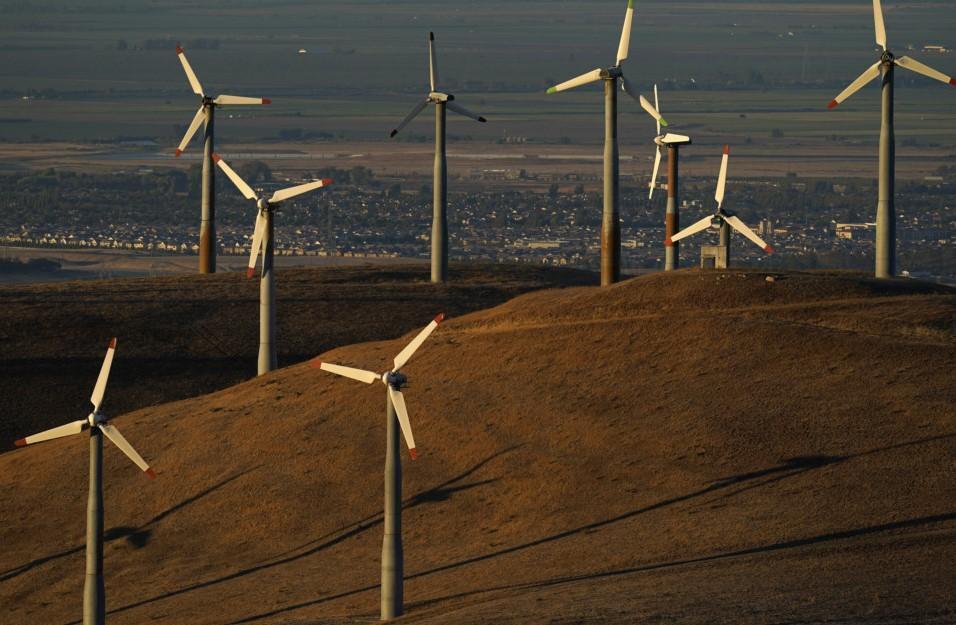
Norwegian startup Freyr will first build batteries to power electric vehicles and store clean energy in a remote town near the Arctic Circle. Up next? An Atlanta suburb.
That’s because a new U.S. clean energy law offers generous tax credits — up to 40 percent of costs — in what is a “massive, massive incentive” for producing in America, CEO Tom Einar Jensen said.
Across Europe, companies seeking to invest in the green energy boom are making similar calculations, weighing up the U.S. Inflation Reduction Act’s $375 billion in benefits for renewable industries against a fragmented response that European Union leaders have been scrambling to patch together for months.
The law aims to kick-start the U.S. transition away from climate-changing fossil fuels with tax credits and rebates that favor clean technology made in North America.
It blindsided the EU when it became law in August, putting the U.S. on course to eclipse the 27-nation bloc in the global push to reduce carbon emissions and leaving EU leaders fuming over rules that favor North American products, threatening to suck green investment from Europe and spark a subsidy race.
The EU’s executive branch responded with plans aimed at ensuring least 40 percent of clean technology is produced in Europe by 2030 and limiting the amount of strategic raw materials from any single third country — typically China — to 65 percent.
It also opened negotiations with President Joe Biden on making Europe-sourced minerals for EV battery manufacturing eligible for U.S. tax credits.
Executives are hailing the U.S. program’s simplicity.
Some complain that the EU plan is underwhelming, confusing and bureaucratic, putting Europe at risk of falling behind in the green energy transition, notably as the auto industry moves to EVs.
The EU keeps a tight rein on state aid for businesses to avoid distorting competition in the bloc’s single market, where some countries — like Germany and France — are much larger and richer than others.
But to compete with the U.S., the EU relaxed those restrictions for clean industries, marking a fundamental change for Brussels from its long-held view that government should take a hands-off approach to free markets.
“We’re building cars in the U.S. but sometimes the engine or other parts come from Europe. The IRA puts this model in question because it requires manufacturing to take place in the U.S.,” said Luisa Santos, deputy director general of BusinessEurope, a Brussels-based lobby group.
“You might have more proximity, but the cost will be much higher” if global supply lines disappear, she warned. “Will the consumer be willing to pay?”